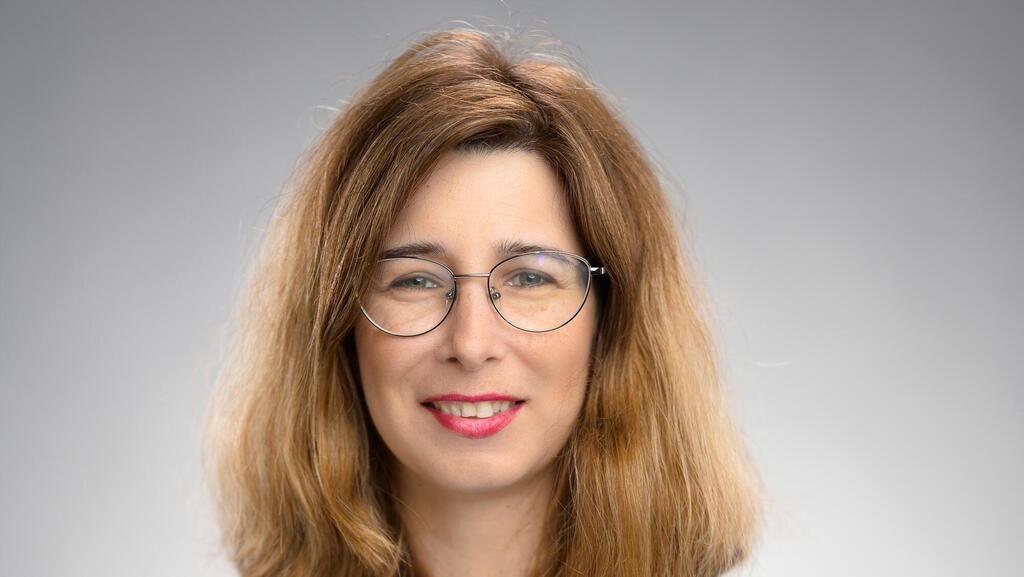
Opinion
Will 2023 be the year of the secondary in high-tech?
“With reasonable valuations and no need for raising new money, companies and shareholders may provide an opportunity for secondary shares sales at a more accommodating price for the buyers,” writes Efrat Shuster
At the dusk of 2022 there are a lot of projections regarding investment strategies in 2023, especially regarding investments in startup companies. Although there is still a large sum of money waiting and willing to be invested by investors, the process seems to be slower than 2021 and the first half of 2022. Investors are not in a big hurry to allocate their funds and seem to take much more time and care with the due diligence process, analyzing and assessing their possible investment.
An interesting way that some investors choose to lower their risk, change their strategy and diversify their portfolio, is choosing to buy secondary shares rather than to invest in the company. The transaction remains in the same ecosystem, but instead of investing in the startup, they shift to private equity and buy shares from existing shareholders.
According to Jefferies, “As macroeconomic uncertainty led to widespread disruption in the public markets, the private equity secondary market proved resilient and posted another record.” Furthermore, their study showed that global secondary volume was $57 billion in the first half of 2022, surpassing the prior first half record of $48 billion in 2021.
Most big VCs are plenty familiar with that, especially when investing a very large amount of money, and they may want to “clean” the cap table or the company asks to allocate some of the funds to secondary for the benefit of their vested options’ employees and early-stage investors.
In 2023 we may see growth in secondary transactions. While investors in startups are not really known for being risk-averse, the slowing down of the market shows reassessment of strategies and being more calculated. Usually, secondary transactions happen in later stages of a company’s life, and after at least a round or two of investments.
Until lately we’ve mostly seen secondary in pre-IPO companies and during a big round of investment. However, in the last year we’ve seen very few IPOs and plenty of indications that the market is slowing down. Yet there are new funds raising money with the main intent in buying secondary shares, and more established secondary funds such as Ardian, Blackstone Group Secondary, and Goldman Sachs AIMS Group, raised hundreds of billions of dollars combined. In Israel, ISF announced in June that it raised $312 million, while Titan announced the raising of $100 million, also intended for secondary deals.
Related articles:
Ordinarily, secondary share purchase is faster than investing in the company, the due diligence process and negotiation is longer, and for companies that have already showed resilience and ability to be profitable in the near future, there will be no rush to raise new funds, but rather keep their already vested stocks employees and investors happy with granting them an opportunity to sell their shares and meet liquidity.
As this year is coming to an end, and 2023 is beginning, we start noticing a decrease in valuations. Companies are being appreciated by their revenue and profits, and ability not just to keep their head above water but also to succeed. With that, valuations are becoming more appropriate to the actual condition of the company and actual abilities. With reasonable valuations and no need for raising new money, companies and their shareholders may provide an opportunity for secondary shares sales at a more accommodating price for the buyers. There may even be a discounted price on the price per share of a company, since the main agreement is between the shareholder and the buyer.
Still, buying secondary shares is not without risks. This is still the startup ecosystem and there is always a grave risk that a company may not make it. However, because of the reasons stated above it may seem as in this coming year it may be the less risky route.
Efrat Shuster is the Founding Partner of Shuster Law Firm. She is also a member of NEOME – the Women Investment Club.
